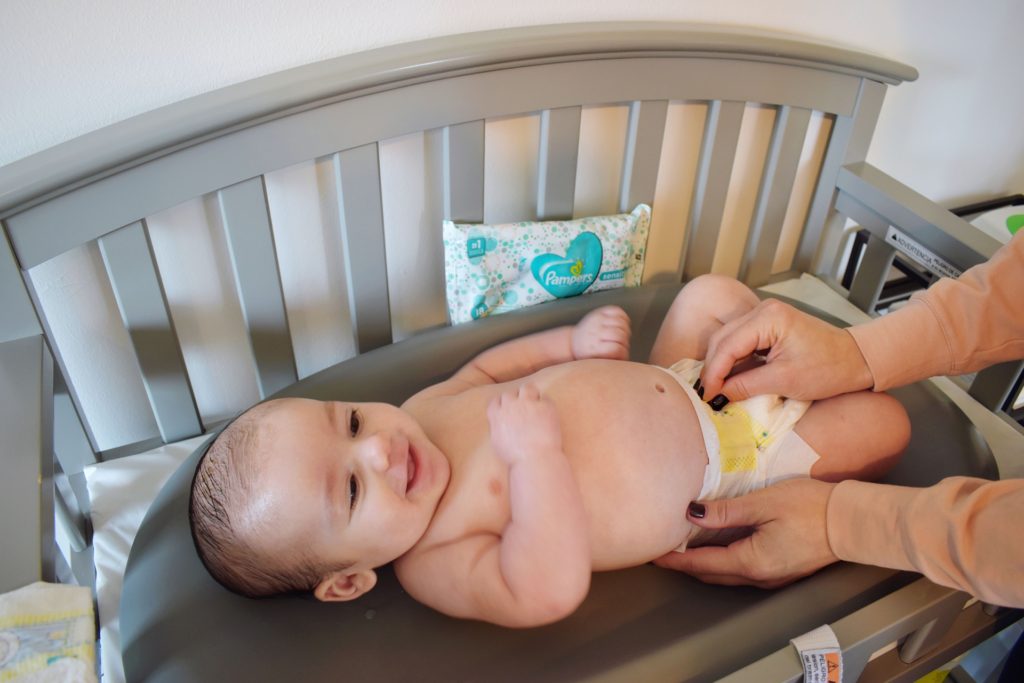Introduction:
Welcoming a baby into the world is a joyous occasion, and as a new parent, navigating
your baby’s first winter can be both exciting and challenging.
The cold weather brings a new set of considerations for your little one’s delicate skin.
In this guide, we’ll explore essential tips and techniques for winter care for baby skin to
ensure your baby stays comfortable and protected.
Hydration is Key:
During winter, the air tends to be dry, which can lead to dehydration of your baby’s
sensitive skin.
Keep your baby well-hydrated by maintaining a proper feeding schedule, and consider
using a humidifier in the nursery to add moisture to the air.
Choose the Right Clothing:
Dress your baby in layers to regulate body temperature.
Opt for soft, breathable fabrics like cotton and avoid overdressing to prevent overheating.
Don’t forget a hat and mittens to protect their head and hands from the cold.
Winter Skincare Routine:
Develop a gentle skincare routine using mild, fragrance-free baby products.
Choose a moisturizer suitable for sensitive skin and apply it regularly, paying extra
attention to areas prone to dryness such as the cheeks and hands.
Bath Time Basics:
Limit bath time to around 5-10 minutes using lukewarm water to prevent excessive drying
of the skin.
Use a gentle, hypoallergenic baby soap and avoid harsh chemicals that may irritate your
baby’s delicate skin.
Protective Diapering:
Winter air can be harsh on your baby’s bottom.
Apply a generous layer of diaper cream during each diaper change to create a protective
barrier against moisture and potential irritation.
Sunscreen Even in Winter:
UV rays can still be potent during winter, especially when reflected off snow.
Use a baby-safe sunscreen on exposed areas if you plan to spend time outdoors.
Consult with your pediatrician to choose an appropriate product for your baby’s age.
Healthy Nutrition for Healthy Skin:
A well-balanced diet contributes to healthy skin.
If your baby has started solid foods, include foods rich in omega-3 fatty acids, such as
salmon and flaxseed, which can help maintain skin elasticity.
Regular Check-ups:
Keep a close eye on your baby’s skin for any signs of dryness, redness, or irritation.
If you notice any issues, consult with your pediatrician for personalized advice.
Conclusion:
Navigating your baby’s first winter requires attention to detail and a gentle touch.
By following these tips for winter care for baby skin, you can ensure your little one stays
comfortable, happy, and protected throughout the colder months.
Remember, each baby is unique, so feel free to adjust these recommendations based on
your baby’s individual needs.
Enjoy the winter season with your bundle of joy!











